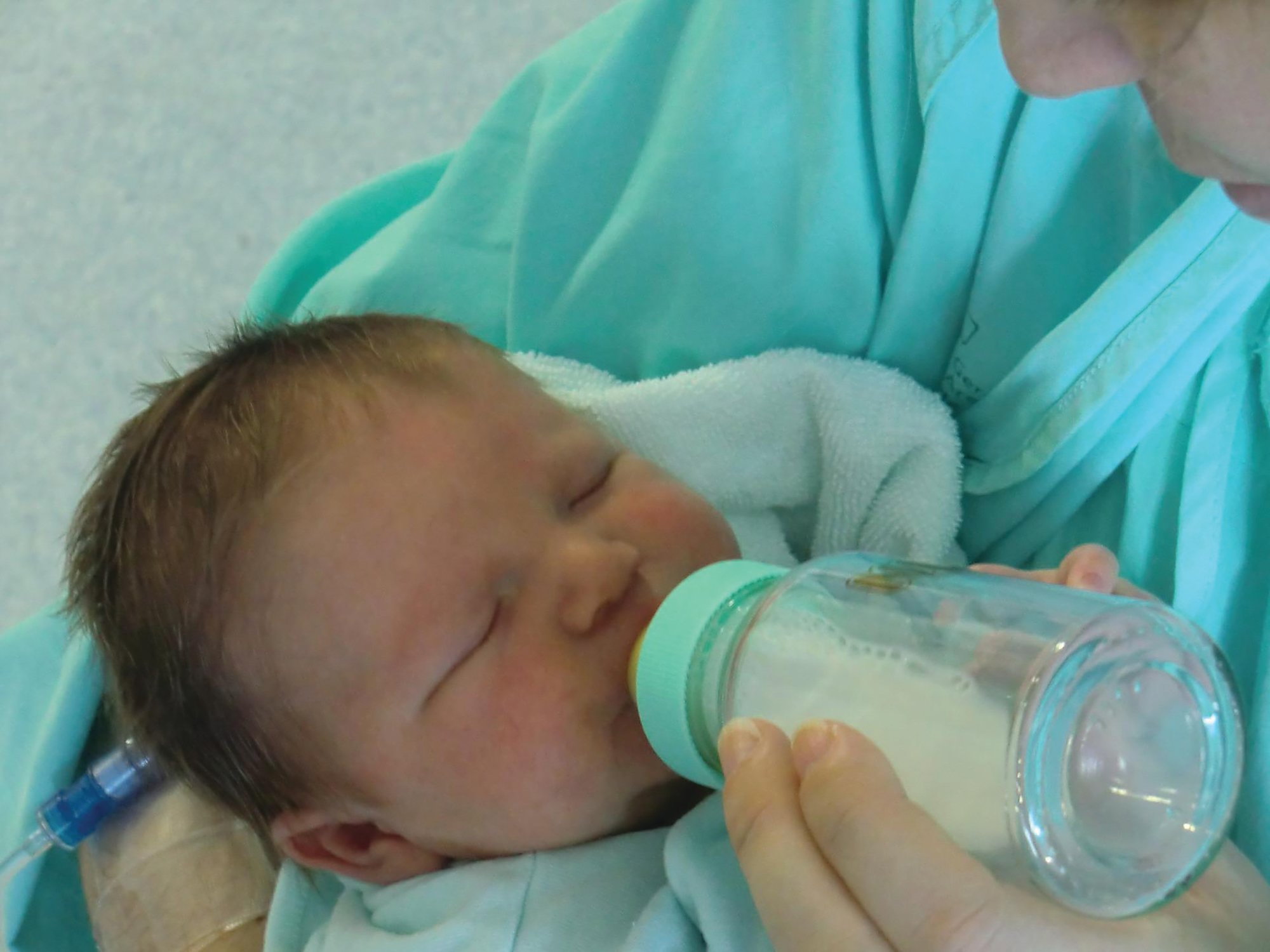Senate OKs overhaul of baby formula rules in aid program
Associated Press
WASHINGTON - The Senate approved a bill Thursday aimed at easing the baby formula shortage for families participating in a government assistance program that accounts for about half of all formula purchased in the United States.
The House passed the bill the day before, so it now goes to President Joe Biden to be signed into law.
Participants in a program known as WIC get vouchers that are redeemed for specific foods to supplement their diets. The vouchers usually can only be used to purchase one brand of infant formula, which encourages the manufacturer to offer big discounts to secure a state's business.
The bill makes it possible in extenuating circumstances for the Department of Agriculture to waive certain requirements so that WIC participants can purchase whatever brand is available.
"Now, millions of parents will have an easier time finding the baby formula that they need," Senate Majority Leader Chuck Schumer, D-N.Y., said after the bill was passed.
Lawmakers are also considering boosting staffing at the Food and Drug Administration with a $28 million emergency spending bill. That legislation also passed the House this week, but faces uncertain prospects in the Senate.
The baby formula shortage was caused by the safety-related closure of the country's largest formula manufacturing plant.
The head of the FDA told lawmakers Thursday that a shuttered baby formula factory could be up and running as soon as next week, though he sidestepped questions about whether his agency should have intervened earlier to address problems at the plant that triggered the national shortage.
FDA Commissioner Dr. Robert Califf faced a bipartisan grilling from House lawmakers over the baby formula issue that has angered American parents and become a political liability for President Joe Biden.
The problems are largely tied to Abbott Nutrition's Michigan formula plant, the largest in the U.S., which has been closed since February because of contamination problems. The FDA announced a preliminary agreement with Abbott earlier this week to restart production, pending safety upgrades and certifications.
"We had to wrestle this to the ground with Abbott," Califf told members of a House subcommittee. "I think we are on track to get it open within the next week to two weeks."
After production resumes, Abbott has said, it could take about two months before new formula begins arriving in stores. Califf said it will be "a few weeks" before supplies return to normal levels, especially in rural areas.
More Articles to Read

